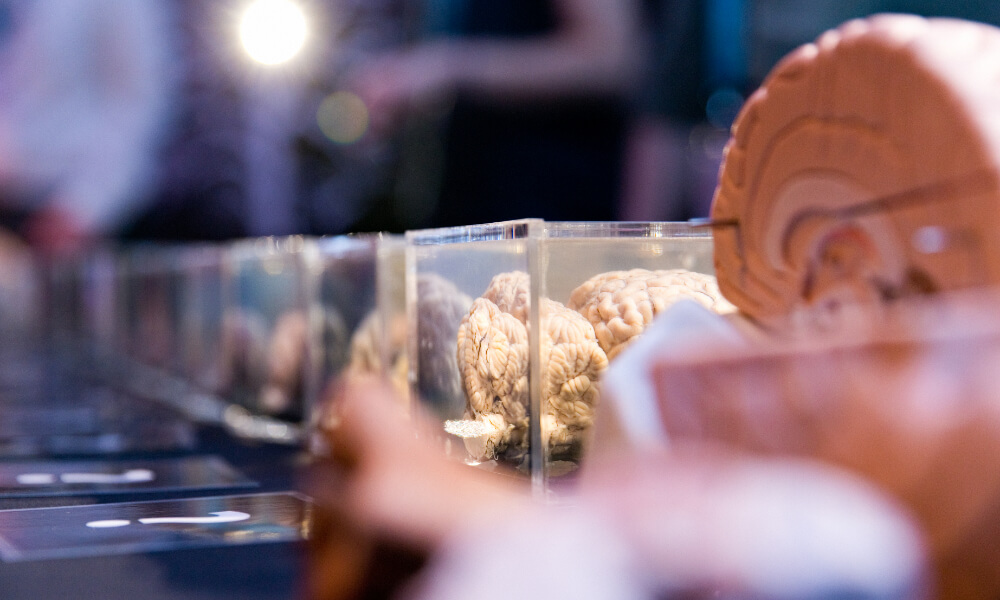Digital Twins of Human Brain: Where Artificial Intelligence (AI) and Neuroscience Meet
Dr Sam Nallaperuma-Herzberg, Computer Science and Technology (Michaelmas and Lent terms)
This short course serves as an introduction to spark interest among the next generation of interdisciplinary researchers in neuroscience and AI. It aims to inspire participants to pursue careers in this truly interdisciplinary field, with potential contributions to both healthcare and artificial intelligence (AI). Digital twins in healthcare is an emerging area with the potential to revolutionize the industry by enabling faster diagnoses and personalized treatment recommendations. In parallel, digital twin models of the human brain reveal key aspects of neural design that can inspire the development of more energy-efficient AI algorithms, reducing AI’s carbon footprint. The course is structured into three parts: Part 1 introduces the foundational concepts of digital twinning, followed by a case study on a digital twin model development in healthcare. Part 2 explores the neural design principles that make the human brain exceptionally energy-efficient, with references to information theory. It is followed by a case study on the development of brain-inspired, energy-efficient AI algorithms. Part 3 delves into more advanced digital models incorporating multiple modalities through multimodal AI techniques. This section also covers current research trends and includes a case study extending the digital twin model from Part 1 to handle multiple modalities. Whether participants come from a background in neuroscience, life sciences, or computational sciences, this course provides opportunities for them to apply their expertise, develop new skills, and grow within this interdisciplinary field.


